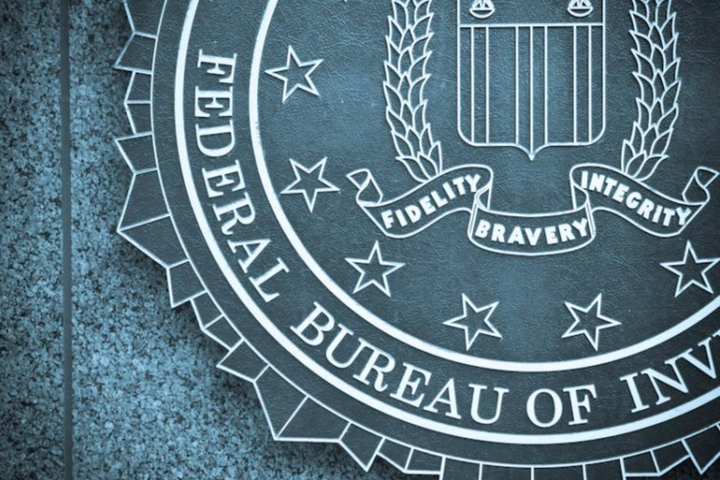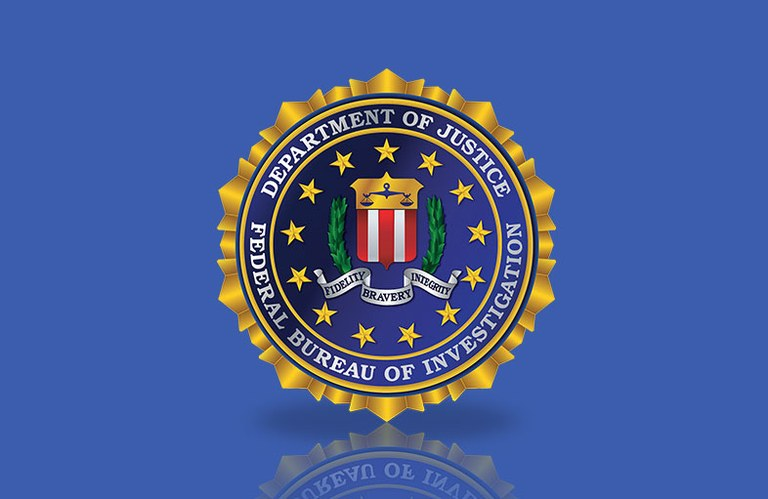'Giving Information To The Enemy': Israel's Ban On Al Jazeera Extends To Foreign Broadcasters

The following article was made possible by paid subscribers of The Dissenter. Become a subscriber and support journalism that defends press freedom.
As the Israeli military bombs Iran, the country’s government has renewed its campaign against the Al Jazeera news network and any media organization in the world that may do business with the network.
The Israeli newspaper Haaretz reported that Israeli police on June 19 “halted live broadcasts from international news agencies AP and Reuters.” Police “claimed their footage of impact sites had also been used by Al Jazeera.”
In May, Israel’s parliament extended a ban against Al Jazeera that can be applied to all foreign media organizations operating in Israel. It was first approved in April 2024, and the anti-press law will be in force until November 30, when the parliament could renew it again.
Israeli police raided and shut down Al Jazeera’s office after the law was passed, and in September, the country illegally raided Al Jazeera’s bureau in the West Bank.
Also, in May 2024, the Israeli police accused the Associated Press (AP) of violating the country’s law against Al Jazeera by licensing footage to the network. They seized camera equipment from AP journalists, who refused to quit broadcasting a live shot of northern Gaza from Sderot in southern Israel.
On June 20, Haaretz additionally reported that Israeli Communications Minister Shlomo Karhi and Israeli National Security Minister Itamar Ben-Gvir had claimed the authority to demand foreign media “obtain prior written approval from [Israel’s] military censor for any broadcast from Israel during wartime, including its location.” They maintained this was necessary to stop foreign media from “giving information to the enemy.” Not seeking such approval would “constitute a criminal offense and a violation of censorship regulations.”
Karhi declared on social media, “After shutting down [Qatari] Al Jazeera and [Lebanese] Al Mayadeen ... I approached the attorney general to examine how to enforce censorship rules on other foreign outlets that endanger state security during wartime.” He added, “I welcome the censor's decision to plug the holes with respect to other foreign broadcasts, and put an end to the lawlessness.”
In other words, the latest expansion of censorship was built upon the law against Al Jazeera. Press freedom organizations warned that the ban was an attack on all international journalists and not just the Arab news media outlet.
The Israeli police referred to Ben-Gvir and Karhi’s policy, “confirming that police were dispatched to halt transmissions by foreign media of ‘footage showing the precise locations of impacts—including footage used by Al Jazeera for illegal broadcasts,’” according to Haaretz. (Channel 12 said one of their photojournalists were arrested.)
Mobs incited by their government’s repression set out to stop foreign media. Haaretz reported on one particular incident, where political rapper Yoav Elisi led a “security squad” in Tel Aviv and began detaining international journalists there to cover the impact of Iranian strikes on residential buildings.
“Photographer Mustafa al-Haruf, who works for the Turkish news agency Anadolu, said everyone was asked to show their credentials and were told, ‘Israeli – you can pass, not Israeli – stay,’” according to Haaretz. “Photojournalist Oren Ziv for Sicha Mekomit said, ‘We were on the roof, a cop told us to get down. On the way, an emergency squad grabbed us and asked where Al Jazeera was. Israeli photographers were told to pass, while foreigners were told to wait. They mainly took the credentials of Arab photographers.’”
The Union of Journalists in Israel condemned Israeli officials for treating “teams of foreign media operating in Israel, and Arabic-speaking reporters, as enemies.”
“[C]ontrary to what has been said by irresponsible elements in an attempt to gain political capital, there are no Al Jazeera teams in Israel, and to the best of our knowledge, no one is filming material specifically for them,” the journalists union added. “Al Jazeera, like other international media outlets, purchases live broadcasts from international networks operating legally in Israel.”
The fanatical hatred for Al Jazeera has even gone beyond the ban itself. On June 19, Ben-Gvir declared, “I call upon everyone who watches Al Jazeera, all citizens, to be reported to the police.” He suggested that the country’s security services may start investigating Israeli citizens’ media consumption.
As Al Jazeera English previously reported, Israel’s military censor Brigadier General Kobi Mandelblit have prohibited journalists and editors from:
Filming or broadcasting images from impact sites, particularly near military installations.
Using drones or wide-angle cameras to show impact areas.
Detailing the precise location of affected areas near security installations.
Broadcasting images of Israeli missiles being launched or of Iranian missiles being intercepted.
The directive also bans the sharing of videos from social media without prior review by the censor, cautioning – as a side note – that some may be “enemy-generated fake news”.
The Committee to Protect Journalists shared an example of this censorship, noting that a Fox News reporter had told the organization “they were banned from entering a reporting site after they were accused of violating the instructions.”
Until the world withholds arms for Israel and stops the country from attacking Palestinians and provoking war with Iran and other countries in the Middle East, Israel will continue to exploit this violence and severely restrict press freedom for all journalists in the country—whether they be domestic or international media.




Comments ()